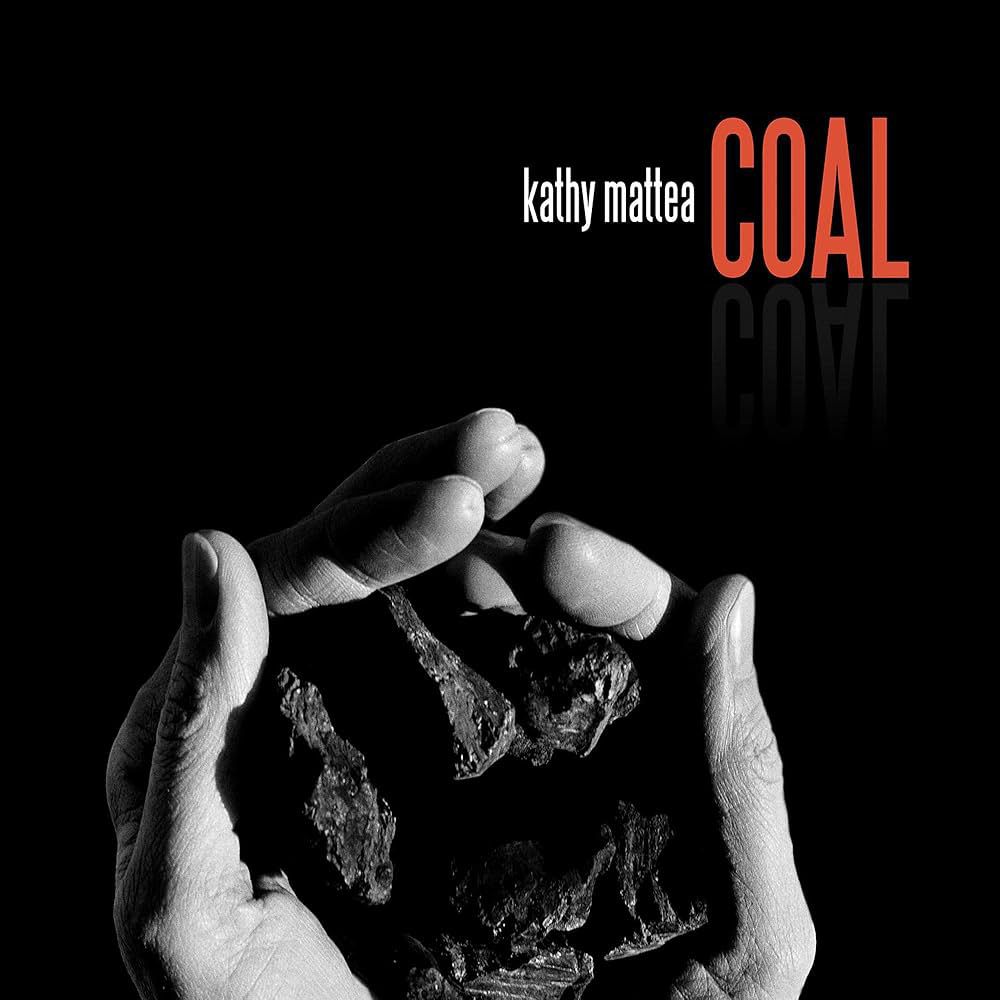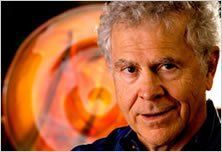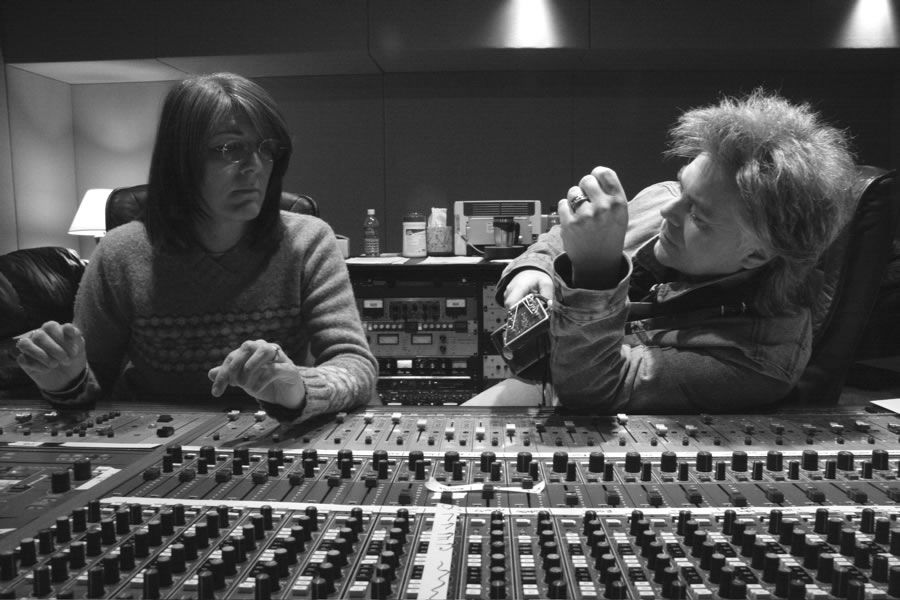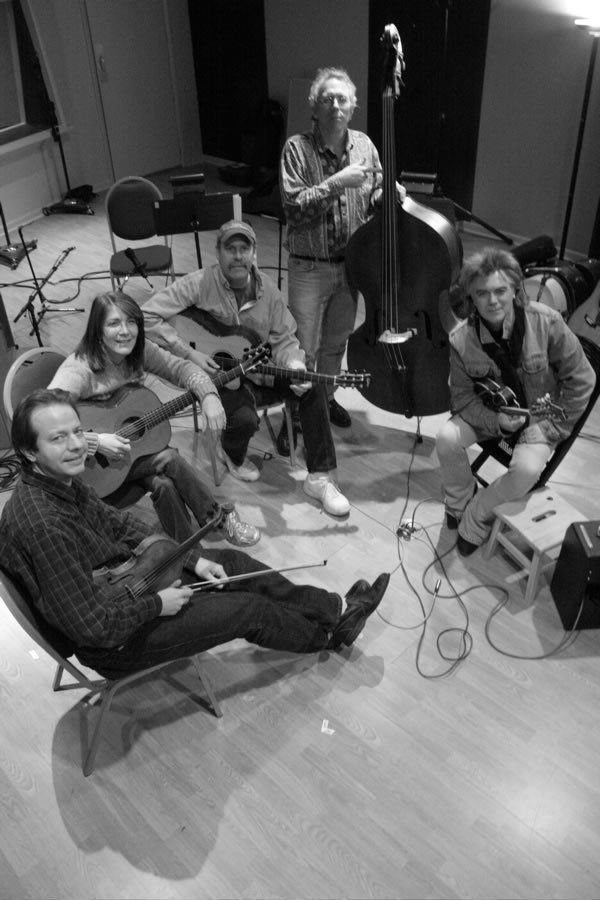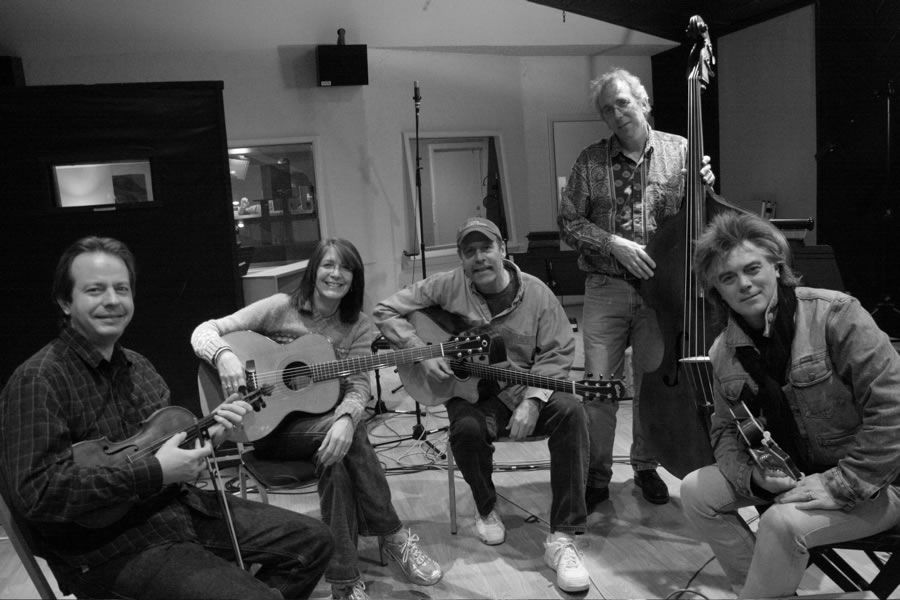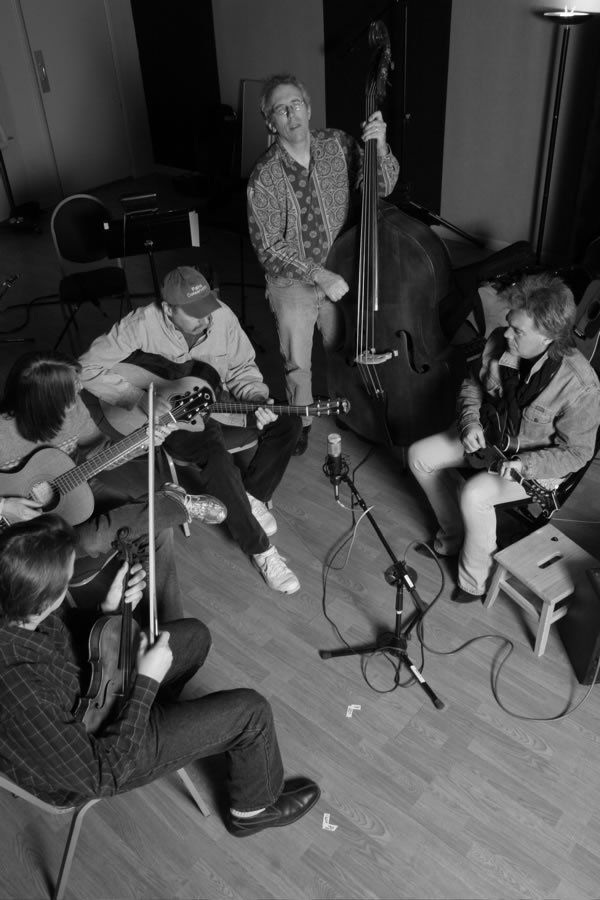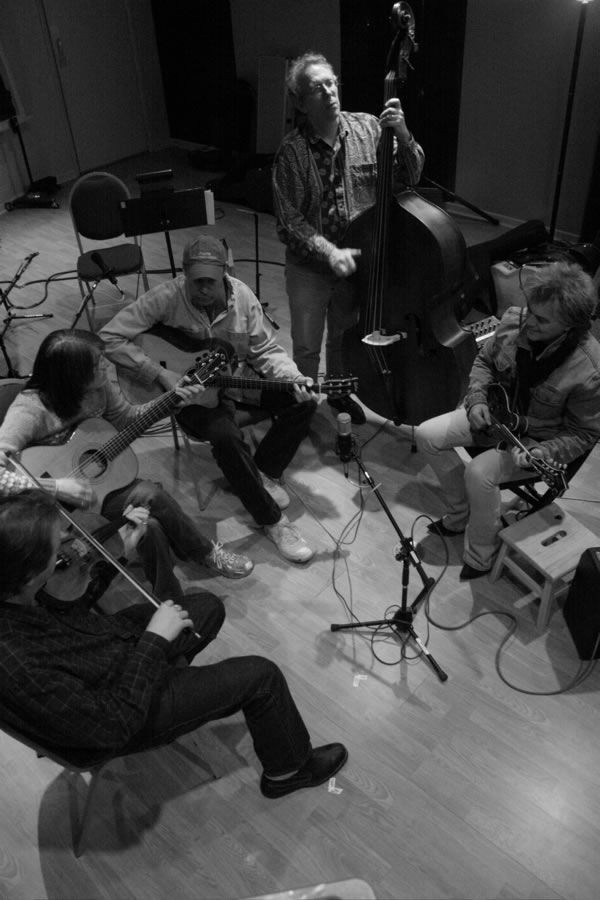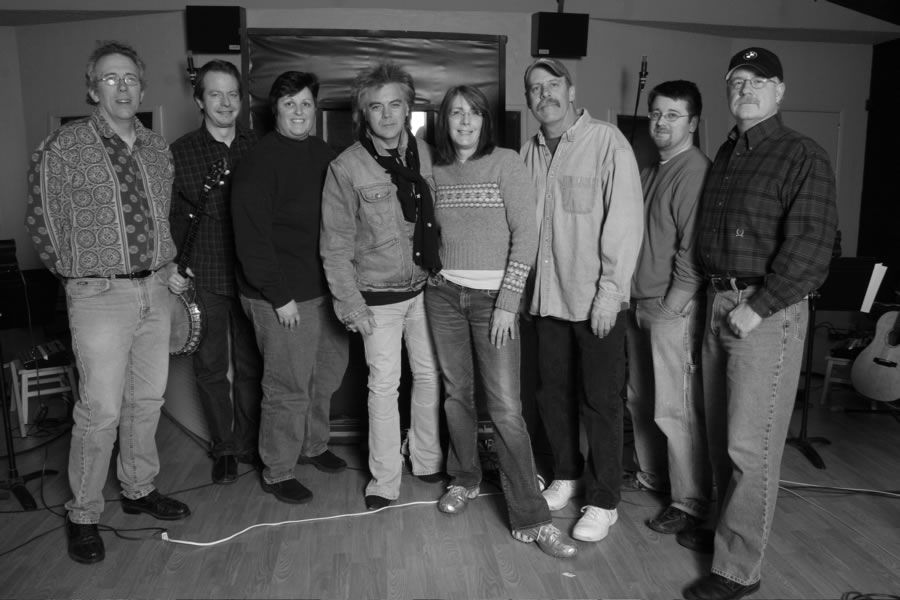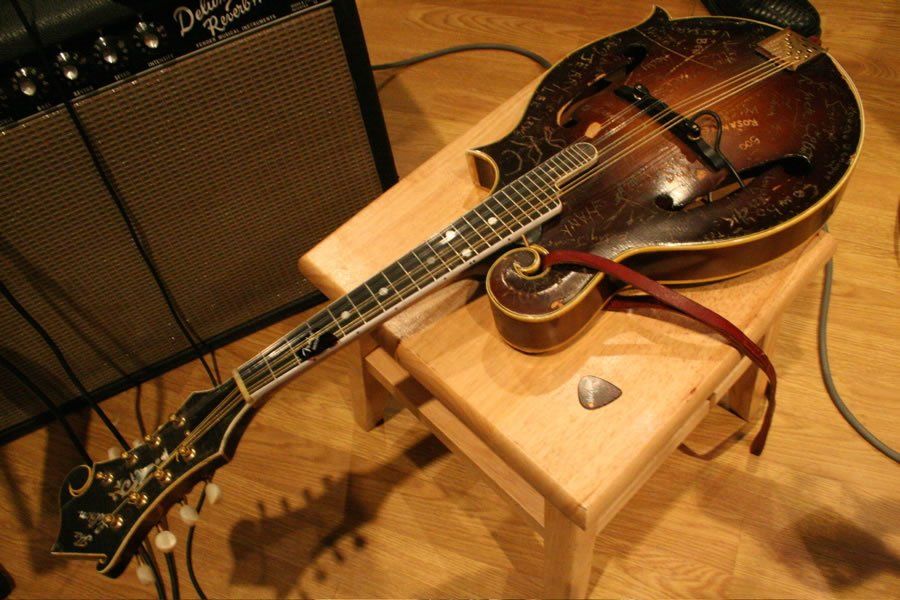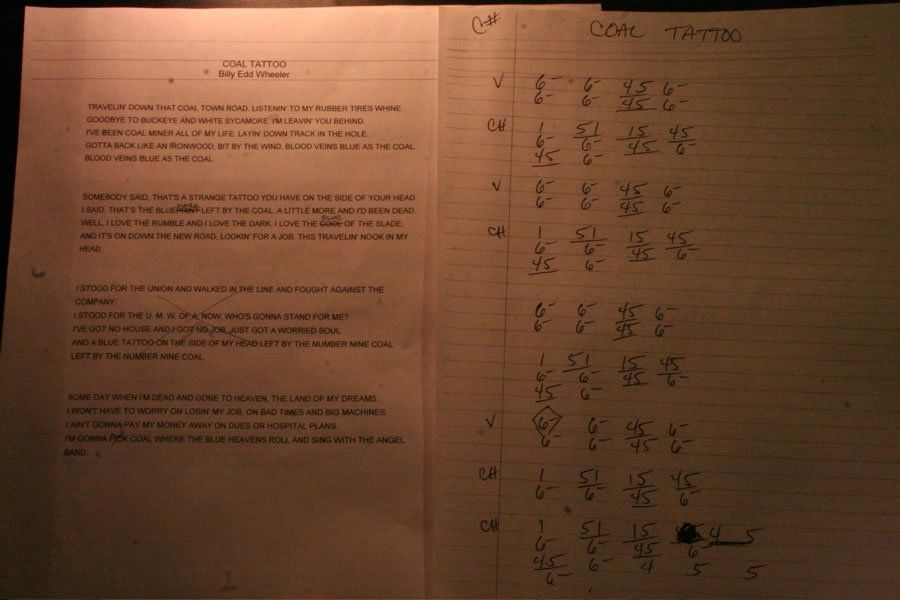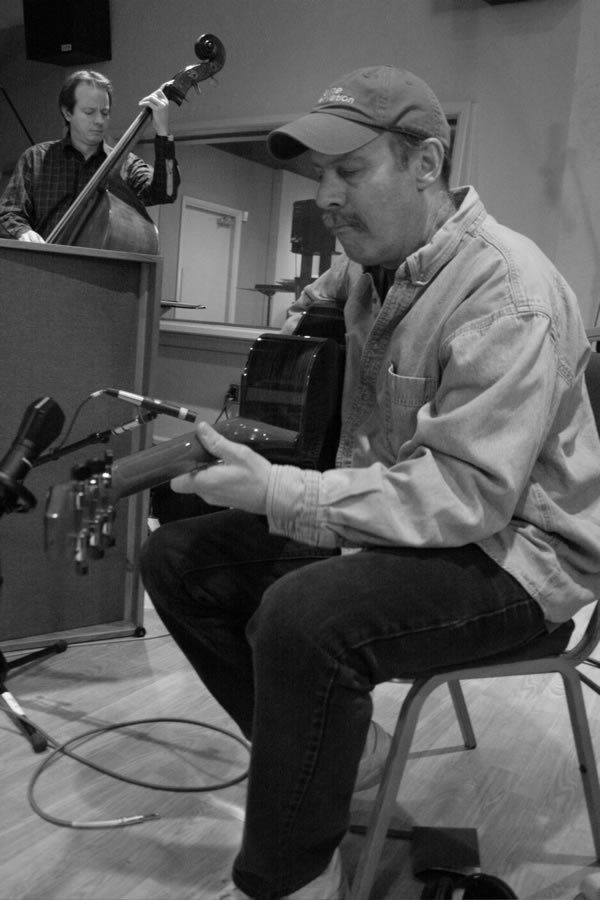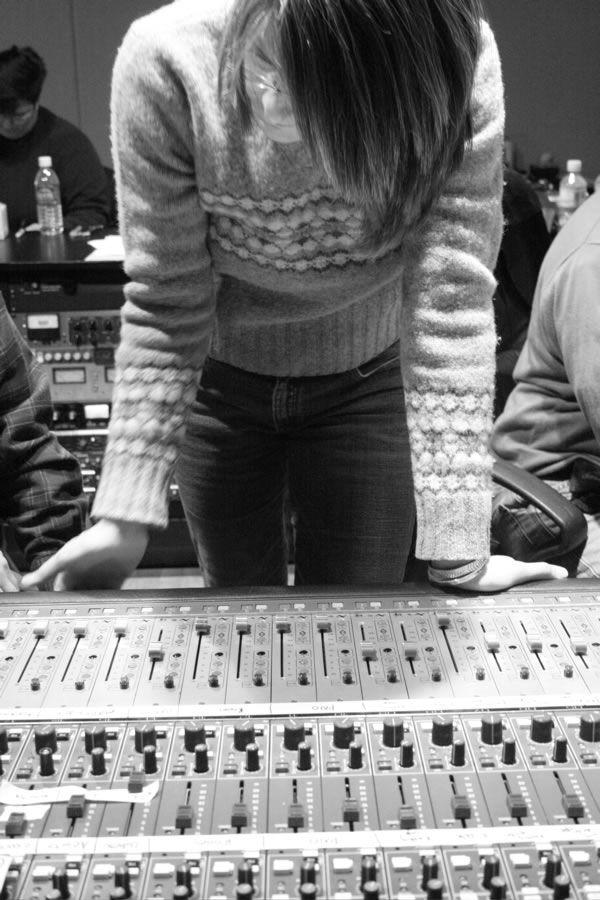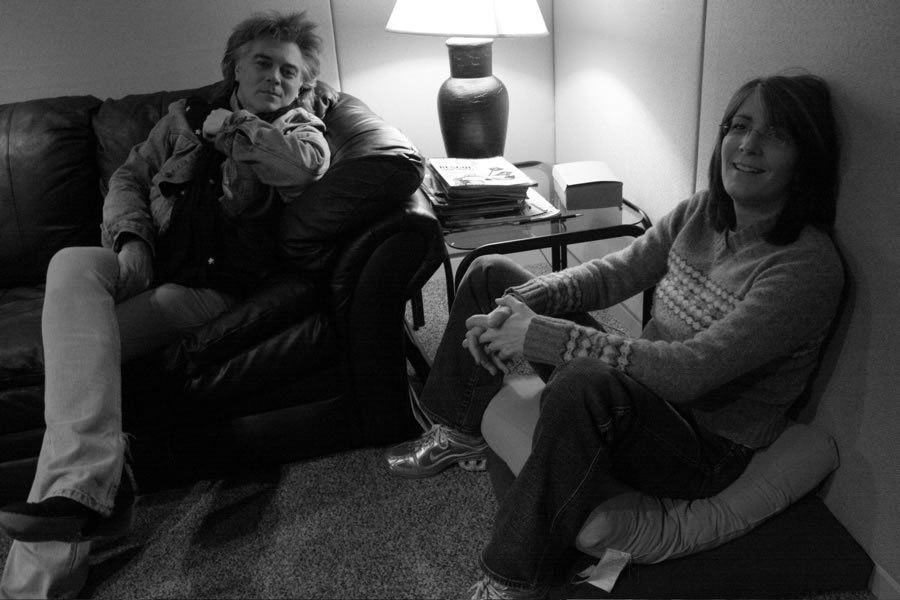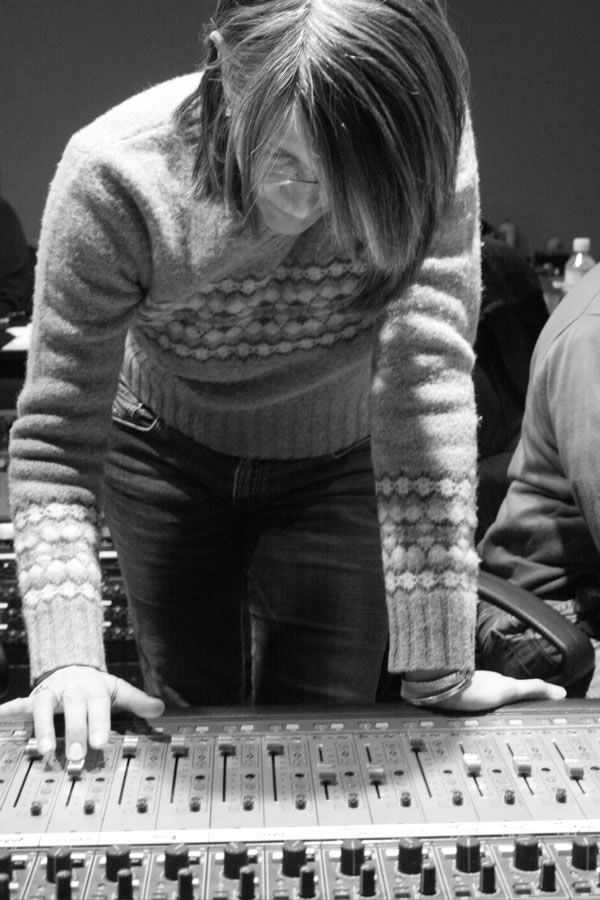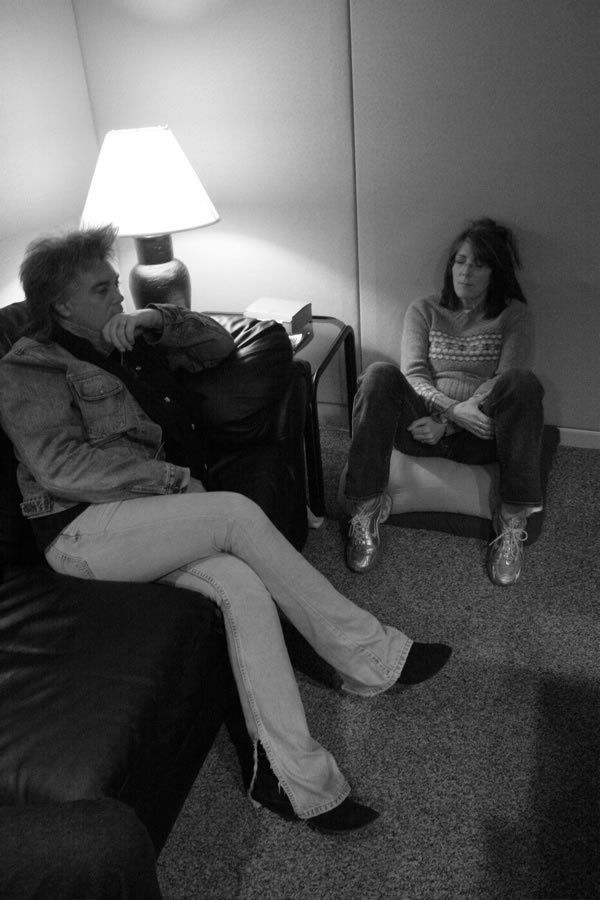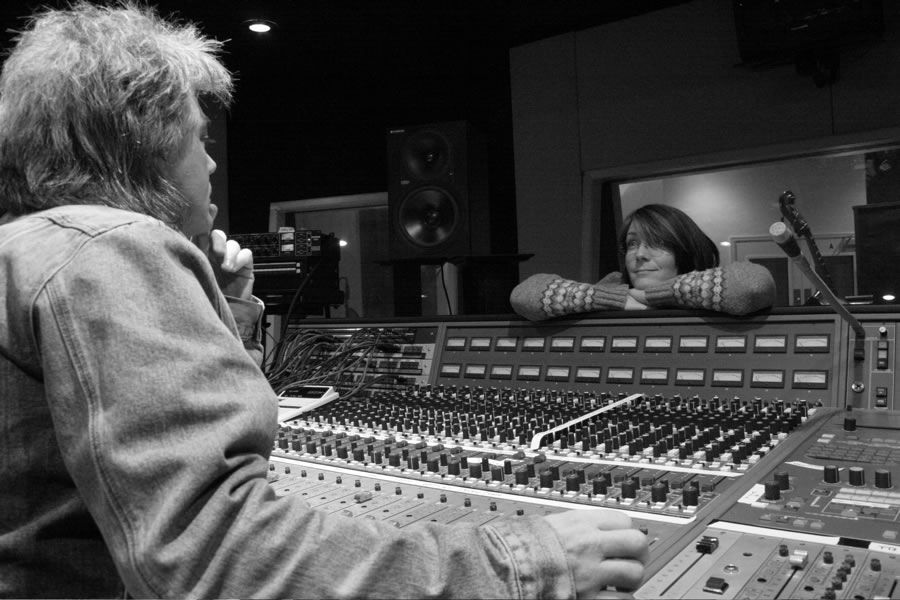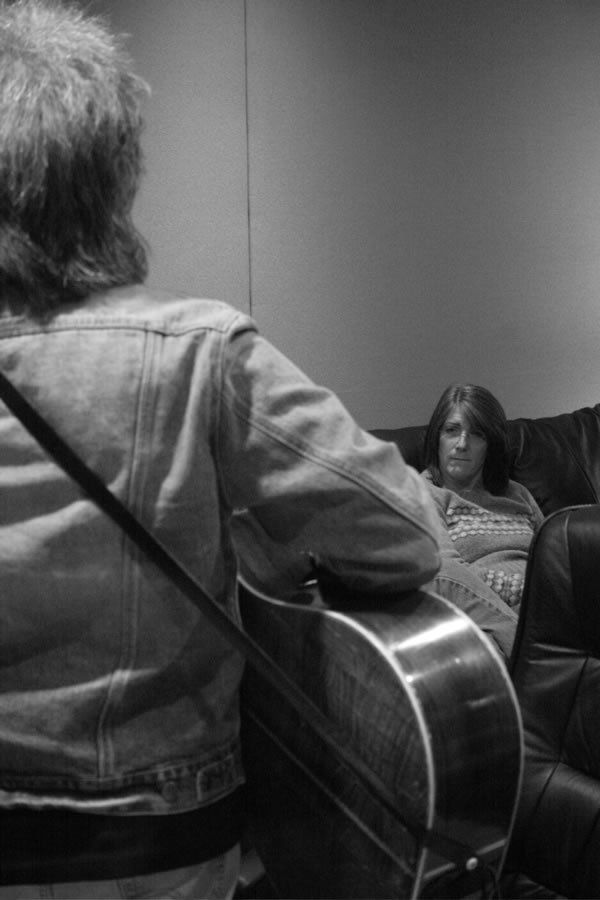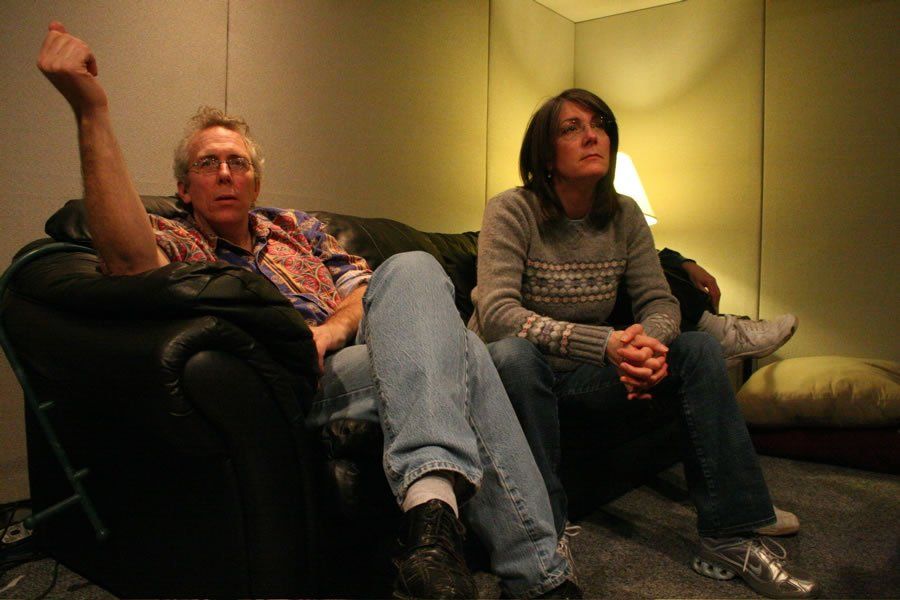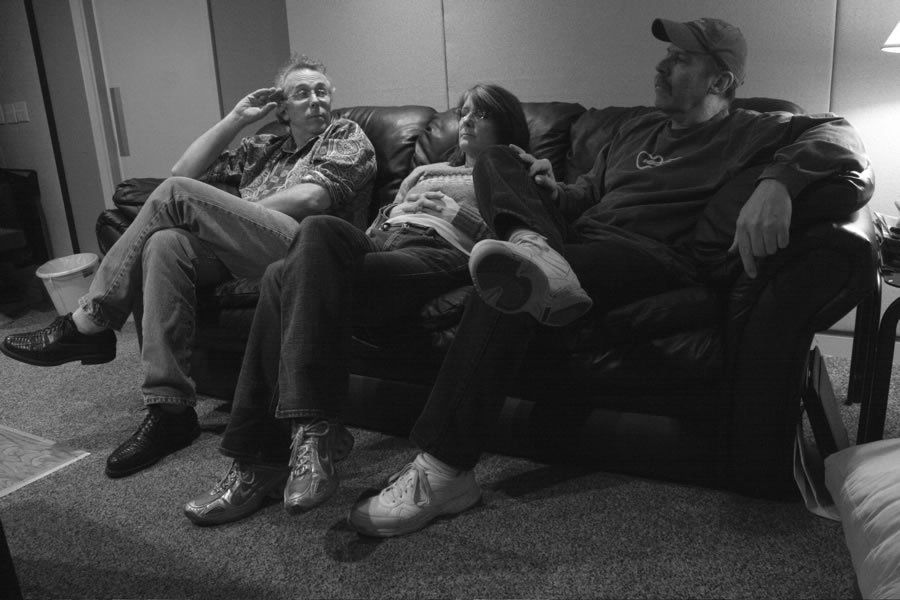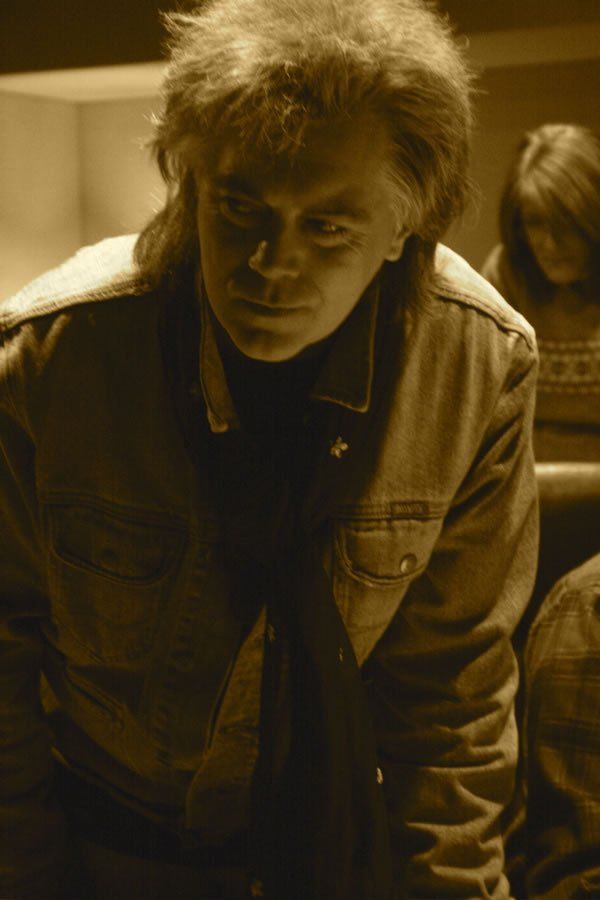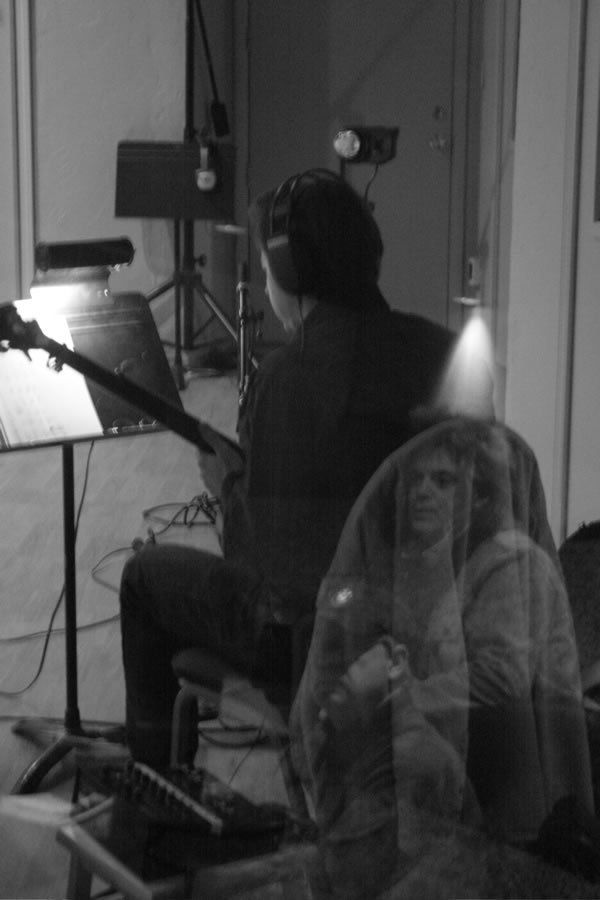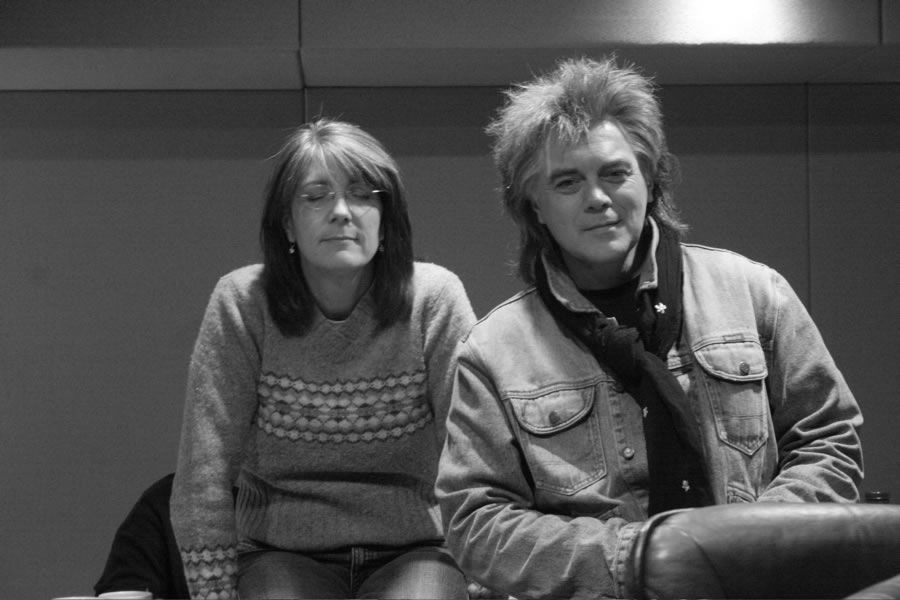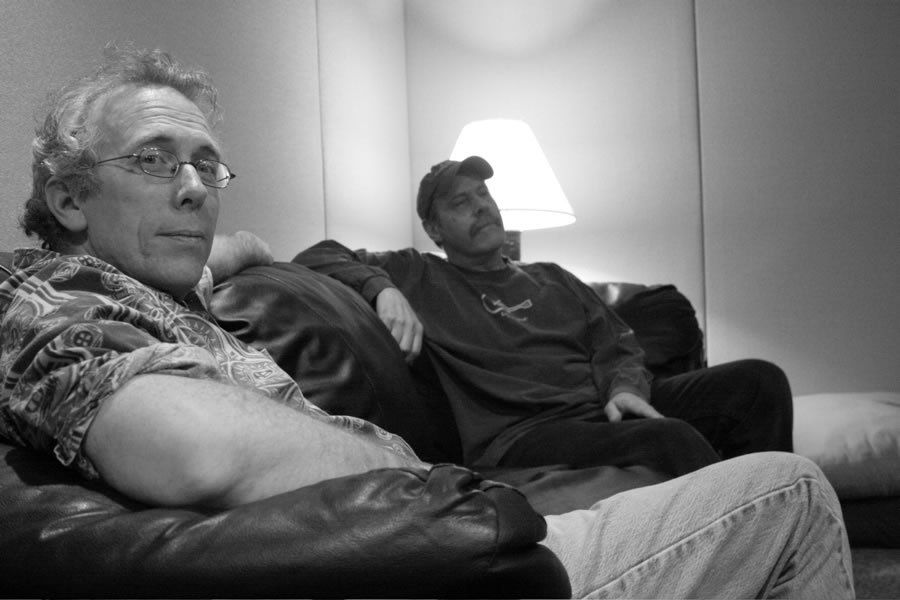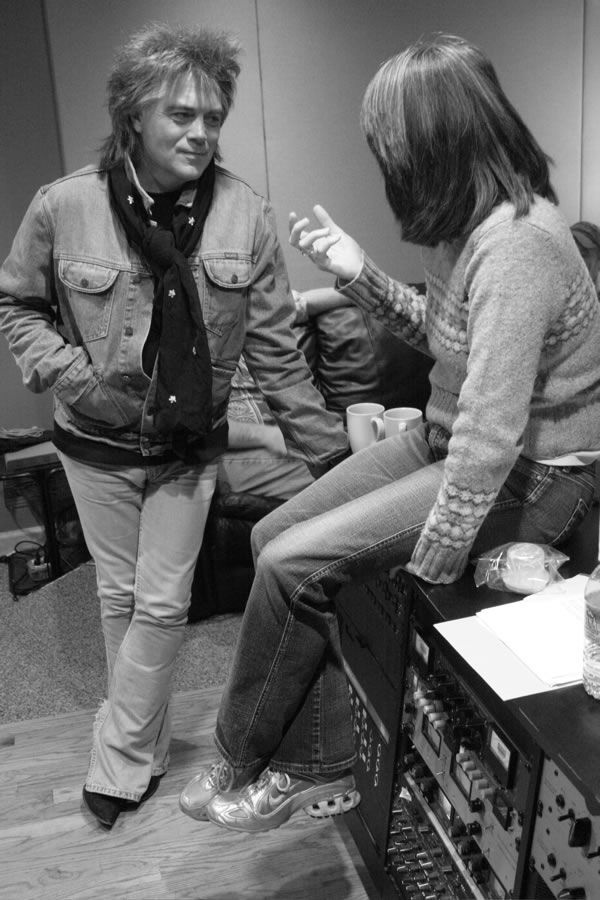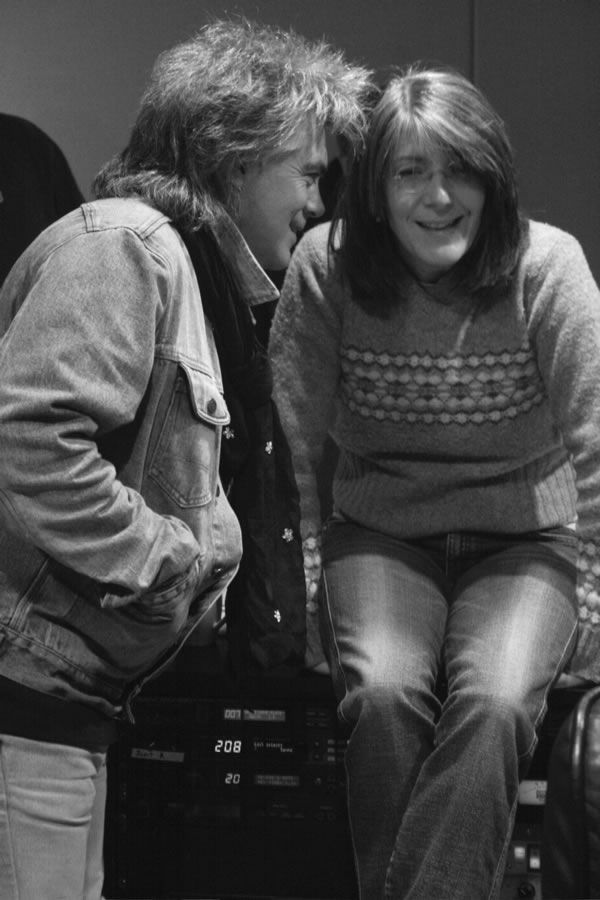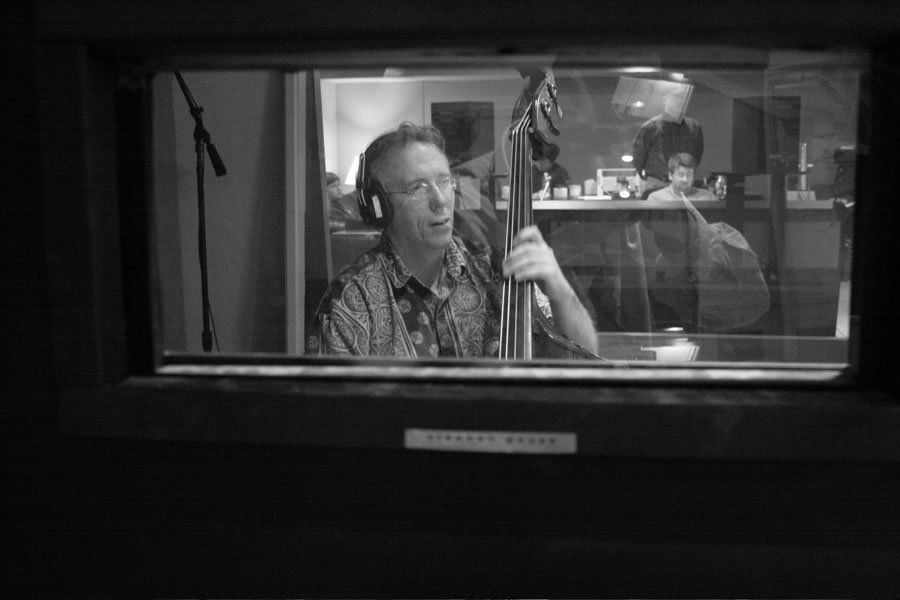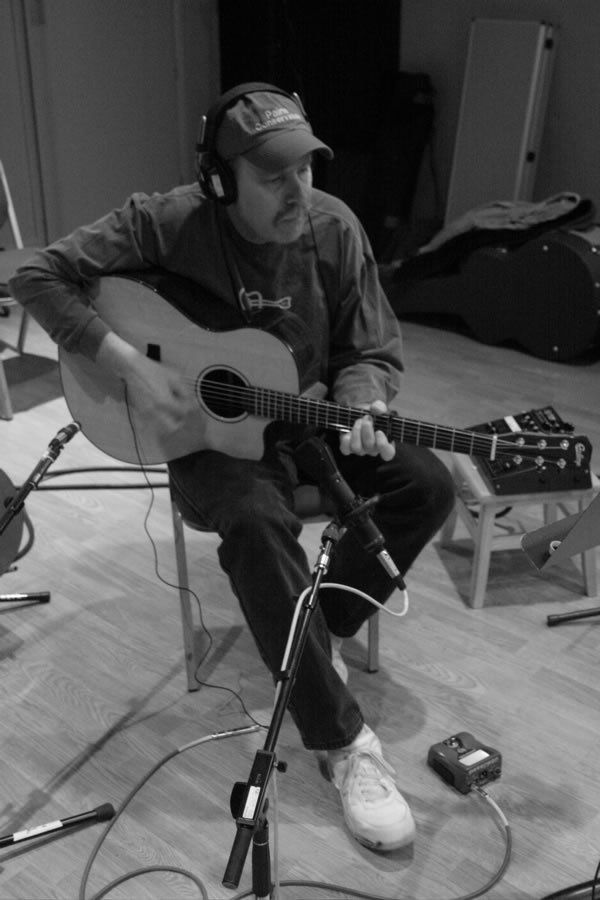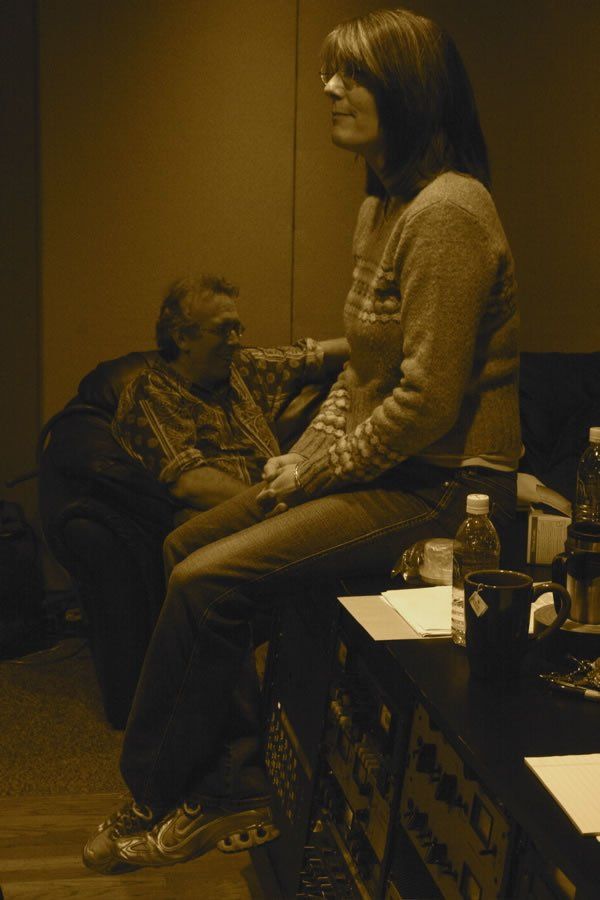Liner Notes
Personnel:
Grammy winner and environmental activist Kathy MAttea, known for such classic hits as "18 Wheels and a Dozen Roses," has dreamed quietly about one day recording an album like COAL. Raised near Charleston, West Virginia, her childhood was steeped in the Appalachian culture and her mining heritage is thick: both her parents grew up in coal camps, her grandfathers were miners, and her mother worked for the local UMWA. But the songs on COAL are more than just mining songs. Mattea says she wanted to pay tribute to "my place and my people."
The idea for COAL began to gel during the Sago Mine Disaster, which killed twelve WV miners in 2006. "I knew the time was right," says Mattea. COAL forced her to dig really deep to find the power to let these songs come forth. Co-producer Marty Stuart understood her core relationship to these songs, that they were "in her blood." As Mattea says, "I think there's a mystery there. Somewhere in my DNA, there's my great grandmother singing, my grandma, and my people singing through me, with me." Singer, songs, producer, and pickers have come together flawlessly to form COAL, a career record for Mattea and a great gift for music lovers.
I grew up in Coalwood, West Virginia, where every adult male worked for the mine, where every house was owned by the company, and where the entire focus of our being was an 800-foot shaft into the earth. My father, both my grandfathers, and all my uncles were coal miners. I also became one, working in the mine to help pay my way through college. When I heard Kathy Mattea had recorded an album about coal miners, I thought "Well, who better to do it? Who better to sing of these "Essential Americans" who are still climbing on the man-lifts and descending into the darkness to bring forth the black diamonds on which our economy rests?" The answer is, of course, there is nobody better and this album is proof. I am here to tell you it is a full-throated beauty, both a stirring anthem and a poignant hymn to these quiet, unassuming heroes. I am listening to it even now with a tear in my eye and a smile in my heart. Yes, people, make no mistake, coal dust runs in Kathy Mattea's veins!
Now, let us consider Kathy's choices for this album. I don't know how she could have done any better. The L&N (Don't Stop Here Anymore) reflects the odd remorse we children of the coalfields feel when we go back home. We know we're lucky to have gotten out, yet we gaze longingly at the rusted remnants of the old tipples and tracks where once our strong, young fathers walked and grinned and hitched us up on their powerful shoulders. But then she brings us back to reality with Blue Diamond Mine which lets us feel the frustration and anguish of a miner crushed not by falling slate but by a failed company and a union powerless to save his job. You will note, however, there is no bitterness in Kathy's interpretation but instead a vibrant strength. A miner will work and she knows that. Just give him the job to do, that's all he asks, and, by his sweet Jesus, he'll do it.
Deep mines are often set amongst hills and hollows so miners see the vibrant colors of nature before they descend into the depths where only shades of black await them and all too often the red of their own blood. These are the colors of the gentle Red Winged Blackbird. Irony, you see, is as much a tool of the miner as a shovel. The poignant The Coming of the Roads is a cry to stop the ruin of our land which I know Kathy is passionate about. For most people, mountain-top mining is an abstraction but for those of us who have witnessed the destruction of a beloved mountain covered with sweet pine, towering oaks, and rustling rhododendron, it is devastating.
Lawrence Jones and You'll Never Leave Harlan Alive spring from Harlan County, Kentucky where my grandfather on my father's side once mined coal. "Poppy," as I called him, fled the bloody battles of Harlan to work in the more peaceful McDowell County, West Virginia. But sometimes fate is more powerful than geography. Before long, he had both his legs cut off by a run-away mine car. He lived the remaining years of his life in horrible pain, alleviated only by books, paregoric, and music. He would have simply adored Kathy Mattea.
During my childhood, I went to sleep to the tromp of miners going to and from the mine, slept through the low, metallic rumble of coal cars trundling through town bound for the great beyond, and woke to the ringing hammer on steel coming from the mine tipple. Coalwood was filled with men and women who were proud to be miners. Coal Tattoo and Dark as A Dungeon reflect this deep pride along with the bitter fate that often awaits those who dig the deep coal. The instrumental Sally of the Garden is an example of the Celtic heritage of many folks in the coalfields, music being the salve of choice for their aches and pains.
Although we may travel afar, we who grew up in West Virginia can never really leave that old place where miners yet walk with a trudging grace to and from the mines, and where preachers still preach in snowy white churches built on hillside cuts, and God, who we have no doubt is also a West Virginian, still does His work, too. This Kathy captures perfectly in Green Rolling Hills, her proud salute to our mountain state.
All of which brings me to the remarkable Black Lung. Kathy's haunting acappela rendition of this Hazel Dickens classic is simply extraordinary. My father died of black lung and our family was forced to watch that proud man die helplessly gasping for one last good breath of air. For Black Lung, Kathy chose to let her voice alone bring forth the fear, frustration, and pain of this awful disease. In doing so, she reveals her tremendous range and raw talent, as well as her courage for which I can only shake my head in awe.
I predict you will be thrilled with the heart and meaning that suffuses every word and note of this album. But make no mistake, buddy. This talent doesn't just happen. It's a gift that comes from living the life of a child of coal.
Homer Hickam, author of Rocket Boys/October Sky and Red Helmet.
Below you can listen to Kathy's recent apperance on NPR's Living on Earth. This is a rare chance to hear the story and some of the music from Kathy's COAL project.
COAL Session Photos
Lyrics
THE L & N DON'T STOP HERE ANYMORE
Jean Ritchie
WHEN I WAS A CURLY HEADED BABY
MY DADDY SET ME DOWN ON HIS KNEE
HE SAID, "GO TO SCHOOL AND GET YOUR LETTERS,
DON'T YOU BE A DIRTY COAL MINER, LIKE ME."
[CHORUS]
I WAS BORN AND RAISED AT THE MOUTH OF THE HAZARD HOLLER
COAL CARS RUMBLED PAST MY DOOR
NOW THEY STAND IN A RUSTY ROW ALL EMPTY
'CAUSE THE L & N DON'T STOP HERE ANYMORE
I USED TO THINK MY DADDY WAS A BLACK MAN
WITH SCRIP ENOUGH TO BUY THE COMPANY STORE
NOW HE GOES TO TOWN WITH EMPTY POCKETS
AND HIS FACE IS WHITE AS FEBRUARY SNOW
[CHORUS]
I NEVER THOUGHT I'D LEARN TO LOVE THE COAL DUST
NEVER THOUGHT I'D PRAY TO HEAR THAT WHISTLE ROAR
OH, GOD, I WISH THE GRASS WOULD TURN TO MONEY
THOSE GREEN BACKS FILL MY POCKETS UP ONCE MORE
[CHORUS]
I WAS BORN AND RAISED AT THE MOUTH OF HAZARD HOLLER
THE COAL CARS ROLLED AND RUMBLED PAST MY DOOR
NOW THEY STAND IN A RUSTY ROW ALL EMPTY
'CAUSE THE L & N DON'T STOP HERE ANYMORE
LAST NIGHT I DREAMED I WENT DOWN TO THE COAL YARD
TO DRAW MY PAY LIKE I HAD DONE BEFORE
THEM KUDZU VINES WERE COVERIN' ALL THE WINDOWS
THERE WERE LEAVES AND GRASS GROWIN' RIGHT UP THROUGH THE FLOOR
[CHORUS]
I WAS BORN AND RAISED AT THE MOUTH OF HAZARD HOLLER
THE COAL CARS RUMBLED PAST MY DOOR
NOW THEY STAND IN A RUSTY ROW ALL EMPTY
'CAUSE THE L & N DON'T STOP HERE ANYMORE
BLUE DIAMOND MINES
Jean Ritchie
I REMEMBER THE WAYS IN THE BYGONE DAYS
WHEN WE WERE IN OUR PRIME
HOW US AND JOHN L. GIVE THE OLD MAN HELL
DOWN IN THE BLUE DIAMOND MINE
WELL THE WHISTLE BLOWED AND THE ROOSTER CROWED
TWO HOURS BEFORE DAYLIGHT
WHEN A MAN DONE HIS BEST AND HE EARNED HIS GOOD REST
MADE SEVENTEEN DOLLARS AT NIGHT
[Chorus]
IN THE MINES IN THE MINES
IN THE BLUE DIAMOND MINES
I WORKED MY LIFE AWAY
IN THE MINES IN THE MINES
IN THE BLUE DIAMOND MINES
OH FALL ON YOUR KNEES AND PRAY.
YOU OLD BLACK GOLD YOU'VE TAKEN MY LUNGS
AND YOUR DUST HAS DARKENED MY HOME
AND NOW THAT WE'RE OLD YOU'RE TURNING YOUR BACK
WHERE ELSE CAN AN OLD MINER GO
WELL IT'S ALGOMA BLOCK AND BIG LEATHERWOOD
AND NOW ITS BLUE DIAMOND TOO
WELL THE PITS ARE ALL CLOSED AND IT'S GET ANOTHER JOB
WHAT ELSE CAN AN OLD MINER DO?
[Chorus]
JOHN L. HAD A DREAM BUT IT'S BROKEN IT SEEMS
MINING HAS HAD IT'S DAY
BUT THEY'RE STRIPPING OFF MY MOUNTAIN TOP
AND THEY PAY ME EIGHT DOLLARS A DAY
YOU MIGHT GET A LITTLE POKE OF WELFARE MEAL
A LITTLE POKE OF WELFARE FLOUR
BUT I TELL YOU RIGHT NOW YOU WON'T QUALIFY
'TILL YOU WORK FOR A QUARTER AN HOUR
[Chorus]
RED WINGED BLACKBIRD
BILLY EDD WHEELER
OH CAN'T YOU SEE THAT PRETTY LITTLE BIRD
SINGING WITH ALL HIS HEART AND SOUL
HE'S GOT A BLOOD-RED SPOT ON HIS WING
AND ALL THE REST OF HIM'S BLACK AS COAL
OF ALL THE COLORS I EVER DID SEE
RED AND BLACK ARE THE ONES I DREAD
FOR WHEN A MAN SPILLS BLOOD ON THE COAL
THEY CARRY HIM DOWN FROM THE COAL MINES DEAD
OH FLY AWAY YOU RED-WINGED BIRD
LEAVE BEHIND THE MINER'S WIFE
SHE'LL DREAM ABOUT YOU WHEN YOU'RE GONE
SHE'LL DREAM ABOUT YOU ALL HER LIFE
OH CAN'T YOU SEE THAT PRETTY LITTLE BIRD
SINGING WITH ALL HIS HEART AND SOUL
HE'S GOT A BLOOD-RED SPOT ON HIS WING
AND ALL THE REST OF HIM'S BLACK AS COAL
LAWRENCE JONES
SI KAHN
WELL THE NIGHT IS THICK AS SILENCE
YOU CAN'T CUT IT WITH A KNIFE
A MAN LIES IN THE HOSPITAL
DRAININ' OUT HIS LIFE
THE TRUCKS ARE ON THE BACK ROAD
IN THE DARK THEIR HEADLIGHTS SHINE
'CAUSE THERE'S ONE MAN DEAD
ON THAT HARLAN COUNTY LINE
OH ANGER, LIKE POISON
IS EATIN' AT YOUR SOUL
YOUR THOUGHTS ARE LOUD AS GUNFIRE
YOUR FACE IS HARD AS COAL
BITTERNESS LIKE BUCKSHOT
EXPLODES INSIDE YOUR MIND
AND THERE'S ONE MAN DEAD
ON THAT HARLAN COUNTY LINE
OH A MINER'S LIFE IS FRAGILE
IT CAN SHATTER JUST LIKE ICE
BUT THOSE WHO BEAR THE STRUGGLE
HAVE ALWAYS PAID THE PRICE
THERE'S BLOOD UPON THE CONTRACT
LIKE VINEGAR IN WINE
AND THERE'S ONE MAN DEAD
ON THAT HARLAN COUNTY LINE
FROM THE RIVER BRIDGE AT HIGHSPLINT
TO THE BROOKSIDE RAILROAD TRACK
YOU CAN FEEL A LONG STRENGTH BUILDING
THAT CAN NEVER BE TURNED BACK
THE DEAD GO FORWARD WITH US
NOT ONE IS LEFT BEHIND
'CAUSE THERE'S ONE MAN DEAD
ON THAT HARLAN COUNTY LINE
WELL THE NIGHT IS COLD AS IRON
YOU CAN FEEL IT IN YOUR BONES
IT SETTLES LIKE A SHROUD UPON
THE GRAVE OF LAWRENCE JONES
THE GRAVEYARD SHIFT IS WALKIN'
FROM THE BATHHOUSE INTO THE MINE
AND THERE'S ONE MAN DEAD
ON THAT HARLAN COUNTY LINE
ONE MAN DEAD
ON THAT HARLAN COUNTY LINE
ONE MINER DEAD ON THAT HARLAN COUNTY LINE
GREEN ROLLING HILLS
Bruce "Utah" Phillips
[Chorus]
OH THE GREEN ROLLING HILLS OF WEST VIRGINIA
ARE THE NEAREST THING TO HEAVEN THAT I KNOW
THOUGH THE TIMES ARE SAD AND DREAR
AND I CANNOT LINGER HERE
THEY'LL KEEP ME AND NEVER LET ME GO
MY DADDY SAID DON'T EVER BE A MINER
FOR A MINER'S GRAVE IS ALL YOU'LL EVER OWN
THERE'S HARD TIMES EVERYWHERE
I CAN'T FIND A DIME TO SPARE
THESE ARE THE WORST TIMES I'VE EVER KNOWN
[Chorus]
SO I'LL MOVE AWAY INTO SOME CROWDED CITY
IN SOME NORTHERN FACTORY TOWN YOU'LL FIND ME THERE
THOUGH I'LL LEAVE THE PAST BEHIND
I'LL NEVER CHANGE MY MIND
THESE TROUBLED TIMES ARE MORE THAN I CAN BEAR
[Chorus]
SOMEDAY I'LL GO BACK TO WEST VIRGINIA
TO THOSE GREEN ROLLING HILLS I LOVE SO WELL
OH SOMEDAY I'LL GO HOME
AND I KNOW I'LL RIGHT THE WRONG
THESE HARD TIMES WILL FOLLOW ME NO MORE
[Chorus]
THOUGH THE TIMES ARE SAD AND DREAR
AND I CANNOT LINGER HERE
THEY'LL KEEP ME AND NEVER LET ME GO
COAL TATTOO
Billy Edd Wheeler
TRAVELIN' ON DOWN THAT COAL TOWN ROAD
LISTEN TO MY RUBBER TIRES WHINE
GOODBYE TO BUCKEYE AND WHITE SYCAMORE
I'M LEAVIN' YOU BEHIND
OH I'VE BEEN A COAL MINER ALL MY LIFE
LAYIN' DOWN TRACK IN THE HOLE
GOT A BACK LIKE IRONWOOD, BENT BY THE WIND
BLOOD VEINS AS BLUE AS THE COAL
BLOOD VEINS AS BLUE AS THE COAL
WELL, SOMEBODY SAID, "THAT'S A STRANGE TATTOO
YOU HAVE ON THE SIDE OF YOUR HEAD"
I SAID, THAT'S THE BLUE MARK LEFT BY THE COAL
A LITTLE MORE AND I'D A BEEN DEAD
OH, I LOVE THE RUMBLE AND I LOVE THE DARK
LORD I LOVE THE COOL OF THE SLATE
BUT IT'S GOING DOWN THAT NEW ROAD, LOOKIN' FOR A JOB
TRAVELIN' AND LOOKIN' I HATE
TRAVELIN' AND LOOKIN' I HATE
SOME DAY WHEN I'M DEAD AND GONE
TO HEAVEN THE LAND OF MY DREAMS
I WON'T HAVE TO WORRY 'BOUT LOSIN' MY JOB
TO BAD TIMES AND BIG MACHINES
OH I GOT NO HOUSE LORD I GOT NO JOB
JUST GOT A WORRIED SOUL
AND A BLUE TATTOO ON THE SIDE OF MY HEAD
LEFT BY THE NUMBER NINE COAL
LEFT BY THE NUMBER NINE COAL
SALLY IN THE GARDEN
Traditional Instrumental
YOU'LL NEVER LEAVE HARLAN ALIVE
DARREL SCOTT
IN THE DEEP DARK HILLS OF EASTERN KENTUCKY
THAT'S THE PLACE WHERE I TRACE MY BLOODLINE
AND IT'S THERE I READ ON A HILLSIDE GRAVESTONE
"YOU'LL NEVER LEAVE HARLAN ALIVE"
OH MY GRANDAD'S DAD CROSSED THE CUMBERLAND MOUNTAINS
WHERE HE TOOK A PRETTY GIRL TO BE HIS BRIDE
SAID "WON'T YOU WALK WITH ME OUT THE MOUTH OF THIS HOLLER
OR WE'LL NEVER LEAVE HARLAN ALIVE"
[Chorus]
WHERE THE SUN COMES UP ABOUT TEN IN THE MORNIN'
AND THE SUN GOES DOWN ABOUT THREE IN THE DAY
AND YOU'LL FILL YOUR CUP WITH WHATEVER BITTER BREW YOU'RE DRINKIN'
AND YOU SPEND YOUR LIFE JUST THINKIN' OF HOW TO GET AWAY
NO ONE EVER KNEW THERE WAS COAL IN THEM MOUNTAINS
TILL A MAN FROM THE NORTHEAST ARRIVED
HE WAS WAVING HUNDRED DOLLAR BILLS
SAID "I'LL PAY YOU FOR YOUR MINERALS"
BUT HE NEVER LEFT HARLAN ALIVE
GRANDMA SOLD OUT CHEAP AND THEY MOVED OUT WEST OF PIKEVILLE
TO A FARM WHERE BIG RICHLAND RIVER WINDS
OH I BET THEY DANCED THEM A JIG
AND THEY LAUGHED AND SANG A NEW SONG
"WHO SAID WE'D NEVER LEAVE HARLAN ALIVE"
BUT THE TIMES GOT HARD AND TOBACCO WASN'T SELLING
AND OLD GRANDAD KNEW WHAT HE'D DO TO SURVIVE
SO HE WENT AND DUG FOR HARLAN COAL
SENT THE MONEY BACK TO GRANNY
BUT HE NEVER LEFT HARLAN ALIVE
[Chorus]
THE SUN COMES UP ABOUT TEN IN THE MORNIN'
AND THE SUN GOES DOWN ABOUT THREE IN THE DAY
YOU FILL YOUR CUP WITH WHATEVER BITTER BREW YOU'RE DRINKIN'
AND YOU SPEND YOUR LIFE DIGGIN' COAL FROM THE BOTTOM OF YOUR GRAVE
DARK AS A DUNGEON
MERLE TRAVIS
COME AND LISTEN YOU FELLOWS SO YOUNG AND SO FINE
AND SEEK NOT YOUR FORTUNES IN THE DARK DREARY MINES
IT WILL FORM AS A HABIT AND SEEP IN YOUR SOUL
TILL THE STREAM OF YOUR BLOOD RUNS AS BLACK AS THE COAL
[Chorus]
WHERE IT'S DARK AS A DUNGEON AND DAMP AS THE DEW
WHERE DANGER IS DOUBLE AND PLEASURES ARE FEW
WHERE THE RAIN NEVER FALLS AND THE SUN NEVER SHINES
IT'S DARK AS A DUNGEON WAY DOWN IN THE MINES
IT'S A MANY A MAN I HAVE KNOWN IN MY DAY
WHO LIVED JUST TO LABOR HIS WHOLE LIFE AWAY
LIKE THE FIEND WITH HIS DOPE OR A DRUNKARD HIS WINE
A MAN WILL HAVE LUST FOR THE LURE OF THE MINES
[Chorus]
WELL THE MIDNIGHT OR THE MORNING OR THE MIDDLE OF DAY
IS THE SAME TO THE MINER DIGGING AWAY
WHERE THE DEMONS OF DEATH OFTEN COME BY SURPRISE
ONE FALL OF THE SLATE AND YOU'RE BURIED ALIVE
[Chorus]
WELL I HOPE WHEN I'M GONE AND THE AGES SHALL ROLL
MY BODY WILL BLACKEN AND TURN INTO COAL
THEN I'LL LOOK FROM THE DOOR OF MY HEAVENLY HOME
AND PITY THE MINER DIGGING MY BONES
[Chorus]
OH IT'S DARK AS A DUNGEON WAY DOWN IN THE MINES
THE COMING OF THE ROADS
Billy Edd Wheeler
NOW THAT OUR MOUNTAIN IS GROWING WITH PEOPLE HUNGRY FOR WEALTH
HOW COME IT'S YOU THAT'S A-GOING
AND I'M LEFT ALL ALONE BY MYSELF?
WE USED TO HUNT THE COOL CAVERNS DEEP IN OUR FOREST OF GREEN
THEN CAME THE ROAD AND THE TAVERNS AND YOU FOUND A NEW LOVE IT SEEMS
ONCE I HAD YOU AND THE WILDWOOD, NOW IT'S JUST DUSTY ROADS
AND I CAN'T HELP BUT BLAMIN' YOUR GOING
ON THE COMING, THE COMING OF THE ROADS
LOOK HOW THEY'VE CUT ALL TO PIECES OUR ANCIENT REDWOOD AND OAK
AND THE HILLSIDES ARE STAINED WITH THE GREASES
THAT BURNED UP THE HEAVENS WITH SMOKE
YOU USED TO CURSE THE BOLD CREWMEN
WHO STRIPPED OUR EARTH OF ITS ORE
NOW YOU'VE CHANGED AND YOU'VE GONE OVER TO THEM
AND YOU'VE LEARNED TO LOVE WHAT YOU HATED BEFORE
ONCE I THANKED GOD FOR OUR TREASURE, NOW LIKE RUST IT CORRODES
AND I CAN'T HELP BUT BLAMIN' YOUR GOIN'
ON THE COMING, THE COMING OF THE ROADS.
ONCE I THANKED GOD FOR OUR TREASURE, NOW LIKE RUST IT CORRODES
AND I CAN'T HELP BUT BLAMIN' YOUR GOIN'
ON THE COMING, THE COMING OF THE ROADS.
NO I CAN'T HELP BUT BLAMIN' YOUR GOIN'
ON THE COMING, THE COMING OF THE ROADS
BLACK LUNG
HAZEL DICKENS
HE'S HAD MORE HARD LUCK THAN MOST MEN COULD STAND
THE MINES WAS HIS FIRST LOVE BUT NEVER HIS FRIEND
HE'S LIVED A HARD LIFE AND HARD HE'LL DIE
BLACK LUNG'S DONE GOT HIM HIS TIME IS NIGH
BLACK LUNG, BLACK LUNG, OH YOU'RE JUST BIDIN' YOUR TIME
SOON ALL OF THIS SUFFERIN' I'LL LEAVE BEHIND
BUT I CAIN'T HELP BUT WONDER WHAT GOD HAD IN MIND
TO SEND SUCH A DEVIL TO CLAIM THIS SOUL OF MINE
HE WENT TO THE BOSS MAN BUT HE CLOSED THE DOOR
WELL IT SEEMS YOU'RE NOT WANTED WHEN YOU'RE SICK AND YOU'RE POOR
YOU AIN'T EVEN COVERED IN THEIR MEDICAL PLANS
AND YOUR LIFE DEPENDS ON THE FAVORS OF MAN
DOWN IN THE POOR HOUSE ON STARVATION'S PLAN
WHERE PRIDE IS A STRANGER AND DOOMED IS A MAN
HIS SOUL FULL OF COAL DUST TILL HIS BODY'S DECAYED
AND EVERYONE BUT BLACK LUNG'S DONE TURNED HIM AWAY
BLACK LUNG, BLACK LUNG, OH YOUR HAND'S ICY COLD
AS YOU REACH FOR MY LIFE AND YOU TORTURE MY SOUL
COLD AS THAT WATER HOLE DOWN IN THAT DARK CAVE
WHERE I SPENT MY LIFE'S BLOOD DIGGIN' MY OWN GRAVE
DOWN AT THE GRAVEYARD THE BOSS MAN CAME
WITH HIS LITTLE BUNCH OF FLOWERS, DEAR GOD WHAT A SHAME
TAKE BACK THOSE FLOWERS DON'T YOU SING NO SAD SONGS
THE DIE HAS BEEN CAST NOW, A GOOD MAN IS GONE
HE'S HAD MORE HARD LUCK THAN MOST MEN COULD STAND
THE MINES WAS HIS FIRST LOVE BUT NEVER HIS FRIEND
HE'S LIVED A HARD LIFE AND HARD HE'LL DIE
BLACK LUNG'S DONE GOT HIM HIS TIME IS NIGH
BLACK LUNG, BLACK LUNG, OH YOU'RE JUST BIDIN' YOUR TIME
SOON ALL OF THIS SUFFERIN' I'LL LEAVE BEHIND
BUT I CAIN'T HELP BUT WONDER WHAT GOD HAD IN MIND
TO SEND SUCH A DEVIL TO CLAIM THIS SOUL OF MINE
Reviews
THE NASHVILLE SCENE
Best Folk Album by a Country Artist
Coal Kathy Mattea
Mattea always drew on folk music as an influence—something country stars could get away with in the '80s. Since going indie six years ago, she has steadily moved deeper into acoustic music, and with Coal, she makes a quantum shift into hardcore traditional sounds and blue-collar social commentary. Drawing on her roots in West Virginia, where emphysema and union meetings are as much a part of communities as high school sports and discount cigarette shops, Mattea strings together a cover album of songs about mining life and its repercussions. Her naturally warm alto anchors these songs—which range from angry to mournful—in a compassion that makes their edge cut even deeper. —MICHAEL McCALL
JAMBASE
By: Dennis Cook
Quite possibly the roots album of the year, Coal (Captain Potato), is all the smudged moan of Leadbelly and Charlie Poole, Christy Moore and Dougie MacLean, nuanced by the modernist bent of Chris Thile and touched by the timeless inner flame of producer Marty Stuart. That's quite the luminaries laundry list but it's not as if Kathy Mattea is new to this rodeo. A fixture in the folk-country scene since the early '80s, Mattea has never sung with more feeling or roughhewn grace, and this perfectly chosen material, given empathetic settings, very tasty pickin' and thoughtful sequencing, reveals the roots granddame she's matured into.
October Sky & Rocket Boys author Homer Hickam's liner notes begin, "I grew up in Coalwood, West Virginia, where every adult male worked for the mine, where every house was owned by the company, and where the entire focus of our being was an 800-foot shaft into the earth." Initially inspired by the death of twelve miners in 2006 at the Sago Mine in West Virginia, each tune ruminates on some aspect of coal mining life. While overarching themes like this can often grow tiresome or forced, Mattea and Stuart call this dance with measured beauty. Dipping into the catalogs of Jean Ritchie, Hazel Dickens, Si Kahn, Utah Phillips, Merle Travis and contemporary Darrell Scott, the resiliency and inner moan of black dust families is etched with real care, real artistry and most importantly, real feeling. Mattea's ideally pitched singing – full of feeling but never overwrought – is balanced and accented on by the sensitive, intuitive ensemble playing of the core band – Stuart (mandolin, acoustic guitar), Byron House (upright bass), Stuart Duncan (fiddle, acoustic guitar) and Bill Cooley (acoustic guitar).
It'd be hard to go too far in praising Coal, a work moist with tears and sweat, bolstered by hard understanding and tough won joy. Like much of Marty Stuart's recent work, Coal suggests the start of late career renaissance, where all the years, lessons and bare fisted engagement with the music industry (and capital "L" life, in general) has brought a stirring artist right to the very heart of what made her want to create music in the first place, bolstered by experience and able to offer no little wisdom to anyone willing to listen.
JamBase | Down In The Mine
Go See Live Music!
THE HEARST REVIEW
July 30, 2008
Both of Kathy Mattea's grandfathers were coal miners. She says as much in the liner notes of her new album, Coal, but you could've figured it out without her help. Though she didn't pen a single track on this record– in fact, they're all covers of traditional tunes by Mere Haggard, Hazel Dickens, and Jean Ritchie, some of which could even be termed standards– the album is played with such ferocious grit and warm empathy that it plays like an autobiography, an album borne out of unique personal experience– which, of course, it is. Equal parts a tribute to her family's roots, a memorial to the twelve miners who died in the 2006 Sago Mine disaster, and a vivid document of a way of life most of us see as utterly foreign, Coal is a collection of songs about the perils of coal mining, and, as such, it's an album played in the shadow of death, marked by desperation and sadness, played with all the seriousness of a collection of murder ballads– which, in a way, it is.
But while it's basically a collection of eleven short tragedies, and though it portrays the coal mining life as nothing but harrowing and bleak, it isn't a depressing or dispiriting album, partially because Mattea sings these songs with such compassion and empathy, it ends up as affirming rather than discouraging. But even more than that, it does what traditional music at its very best is supposed to do– it reminds us of our common humanity, establishing a sense of community and solidarity through the stories told in the songs. Mattea and producer Marty Stuart keep it a sparse, acoustic affair, with only guitar, upright bass, fiddle, banjo and mandolin as instrumentation, but even with these basic colors they paint in a remarkable variety of shades and styles, touching on country, folk, and acoustic blues, all performed with the kind of backporch authenticity that country radio tends to shun in favor of brighter, more polished sounds. And so, by keeping the music so closely rooted in tradition and by using the time-tested songs of generations past, Mattea reminds us that while she's singing her own story, it's not only her story– it's the story of many. And that story, as told on Coal, is a story of death and despair, but also of survival, of hope and humanity. So while the songs and sounds are traditional, this music is wonderfully alive and full of drama, and, for its vision and its resilience, it's unlike any other roots album in 2008– perhaps even unlike any other roots album ever.
THE JOURNAL -- NEW MATTEA CD DRAWS ON HER BACKGROUND
KATHY MATTEA PAYS TRIBUTE TO HER HOME STATE WITH ALBUM ABOUT LIFE IN THE COAL CAMPS.
July 23, 2008
By - Tricia Lynn Strader
BERKELEY SPRINGS - Two years ago, Grammy-winning country star Kathy Mattea was glued to her television, watching news on the Sago mine disaster. It reminded her of the pride and bravery of coal miners in her home state.
And, it lent itself to a concept album of Appalachian roots music all about coal and the people who live it.
Mattea will visit the historic Jefferson County Jail at 10 a.m. Friday, before performing at the Shenandoah Valley Music Festival in Orkney Springs, Va.
Simply titled "Coal," the CD is the first on her own label, Captain Potato Records, and is produced by Marty Stuart. Little did she know the journey to make this album would change her in more ways than one. And it all started with news coverage in 2006.
"Over the years, I played with the idea of a theme record," says Mattea in a phone interview. "It was in and out of my consciousness. But would it be about the mountains, West Virginia (in particular) or the coal fields? When the Sago mine disaster happened, I was riveted to the news. I wept a lot."
She says the CNN show "Larry King Live" covered the funeral and asked her to do a satellite feed with a song to end the show. "Music is a way of processing and healing, so I said I'd do it. I called some people and put a choir together."
"I had a short list of coal mining songs and was happy to find one to do."
But was there enough material for an entire album about coal mining? "I hoped I'd find 10 songs I could sing," Mattea says. "I found a great selection. I have them on scratchy, old records, recordings of things done around kitchen tables and many more than what I actually recorded."
She chose songs that take the listener on an historic, emotional journey. "I wanted to do songs that told a story and that might connect people who otherwise haven't heard much about roots music and the songwriters. I wanted to be a bridge between people and the music."
Mattea wondered if she could pull off the simplicity of these folk songs handed down through generations. "I'm a musical mutt and don't always see boundaries clearly. I talked to Marty Stuart. Marty is steeped in roots music. Since he was 13, he's been around guys like Lester Flatt."
"He told me, 'It's in your blood,'" Mattea says. "I said, 'come on.' But he was right. He told me to do my homework on the music. I worked on the songs the better part of a year before I sang any of them to him in my living room. I wanted to stay true to the genre of Appalachian music and knew I could trust his instincts. If I sounded too commercial, he would tell me. He said I had done my homework. That was the biggest gold star I could get!"
Songs come from writers like Merle Travis, Hazel Dickens, Darrell Scott or Billy Edd Wheeler. She says some were easy to do, and some were very hard. At times, she thought something must be wrong. "I looked at Marty on some of them and said they were too easy to sing. He said that was because it was part of my family roots - it was in my blood, something cellular. Others were hard. They tell about the anguish, dignity, pride and power struggles."
One "hard" song was the acapella "Black Lung" by Hazel Dickens. Just the title denotes the right assumption that this song will hit somewhere deep inside. Mattea says, "It took me six months to learn it. It's done in the very old Appalachian style that I listened to growing up, but never sang. Some people don't cover Hazel Dickens because they can't do it right. She's wide open and stark here. Nothing's held back. One guy told me in so many words not to try it. I took it as a challenge. I figured if I can't pull it off, no one has to hear it."
Mattea says she lived with that song. It became part of her for months. She'd work on technical aspects, lyrics and back and forth, trying lines out in different ways. One day it all came together.
In the studio, she wondered. She'd never done an acapella song in the studio before. On the first take, Marty Stuart said it was great and asked her to come in and listen to playback. "I thought I could do it better and wanted to do it again. He kept saying to come in and listen. When I got in there, the engineer had tears in his eyes. His dad had died of black lung. "Marty said, 'I think you got it.'" Enough said.
Billy Edd Wheeler recorded in the 1960s and wrote the hits "Coward of the County" and "Jackson." His contributions to "Coal" are "Red Winged Blackbird," "Blue Tattoo" and "The Coming of the Roads" about mountaintop mining. Red and black are the two colors miners know and dread: black for the coal, and red for the blood shed all too often in injury or death in the mine. "Blue Tattoo" is for the blue markings left on a miner from coal.
She's found new friends in idols like Wheeler and Dickens. "Billy Edd's a genius. I'm so glad I got to hang out with him and call him friend. And Hazel came up to me and said when she heard me do 'Black Lung' it was like another window into it."
"The L & N (Don't Stop Here Anymore)" compares the relief children of miners feel to have gotten out, but also the remorse they feel to return to the abandoned coalfields where their fathers worked so hard for so long ... a way of life, perhaps for generations, gone for good when a mine closes.
Then, there's "Blue Diamond Mine," about a failing company and a union powerless to save a miner's job.
Mattea pays further tribute to the Mountain State with "Green Rolling Hills." "Coal" has many more songs of note, and is both a lament for the love-hate relationship miners might feel for their livelihood, but also a kind of catharsis.
"There are so many nuances of darkness and light in these songs," she says. "Some lines raise the hair on the back of my neck. On one night a line may come out differently from another."
She "lived" with coal mining a long time while working on the album. "There were times my husband would draw the line and say he couldn't talk or read anymore about mountaintop mining at the breakfast table."
And growing up outside the coal towns, she didn't know at first how close she really was to the industry, its dangers, pride or despair of the miners. But, it is in her blood.
"Both my grandfathers were coal miners.
NEW RIVER VOICE
Kathy Mattea: Coal
July 23rd, 2008 · No Comments
Coal, by Kathy MatteaThroughout Appalachian history, mountain residents have turned to music to tell their stories, to provide comfort in times of need, and to protest unconscionable exploitation by various industries, primarily coal companies. In Kathy Mattea's latest recording (2008), simply titled Coal and produced by her own record label, Captain Potato Records, the talented Grammy Award winner resurrects solid classics from a long musical tradition that includes the likes of singers/songwriters Jean Ritchie, Billy Edd Wheeler, Hazel Dickens, and Si Kahn.
In a National Public Radio interview on "Living on Earth," Mattea revealed her goal for the album—namely, to tell the story of coal in Appalachia and to "open a window" for outsiders to access that story. Even those completely unaware of Appalachia's mining history will be educated by Mattea's beautifully haunting interpretation of the lyrics. And just a quick glance at the song titles provides listeners insight into the region's coal narrative.
Jean Ritchie's "The L & N Don't Stop Here Anymore" is the first track, which enables Mattea to set the tone for the album. While Hazard, Kentucky, serves as the setting for this song, the economic fallout from the coal bust could be set in any other Appalachian town dependent upon coal extraction, a dependence very intentionally crafted by the company. Listeners come to appreciate the father's desire to send his child to school, not the mines, despite the child's erroneous belief that the father possesses enough scrip, or phony money, to buy the company store. Before the mid-20th century, most miners were not paid in American currency, thereby holding them in constant debt to the company, which charged exorbitant prices on basic goods. The song contains a tragic irony, however. Even though the now grown child understands the exploitation and dangers of mining, the storyteller laments the empty train cars sitting idle and rusted on the tracks, a clear symbol of poverty that the father embodies through his own empty pockets and a clean white face.
Mattea digs deep into her past to sing these lines, as well as all the lyrics on the album, with an authenticity that leaves listeners convinced of her knowledge of such economic boom or bust, of hardship and struggle. Both of Mattea's grandfathers were miners; her mother worked for the local UMWA. Sadly she recalls the infamous Farmington, West Virginia, mine disaster of 1968, a tragedy that killed 78 miners and occurred near her hometown when she was only 9 years old. As Mattea explains on her Web site, "I'm breathing something into the song, collaborating with the writers on bringing something forth." But, she says, these songs had to go beyond that. "With these songs, it's not about how you sound, it's about sheer communication and expression, and a way to give voice to someone else's life experiences. It's being a voice for a whole group of people, a place, a way of life. And that's a sacred use of music."
Mattea's choice of fellow West Virginian Hazel Dickens's "Black Lung" for the final track demonstrates this sense of responsibility. In the 2001 Appalshop documentary, Hazel Dickens: It's Hard to Tell the Singer from the Song, produced by Mimi Pickering, Dickens explains that she wrote the song for her brother, to "give him a voice in this world" because he died a horrible, suffocating death that left him as poor as when he started working in the mines. Though it's hard to measure up to Hazel Dickens, especially with her unique gritty, soulful vocals, Mattea delivers an a cappella recording that honors the original intention of the song. By channeling her own blood-born connection to coal, Mattea indeed uses her music for sacred purposes.
Importantly, too, as Mattea promotes Coal and its songs of the early and mid-20th century, she is calling attention to a contemporary mining practice known as mountaintop removal. Occurring throughout Central Appalachia, with Mattea's home state of West Virginia leading the pack, this form of strip mining involves the detonation of explosives that level entire mountaintops, leaving the natural habitat, as well as the cultural and social environment, devastated.
Not only, then, does Mattea pay homage to her mining heritage in this captivating album, she has utilized it as a platform to bring international awareness to a type of 21st century mining destroying her mountain home. And in true Appalachian fashion, she exhibits the region's long-standing tradition of resistance to exploitation, in whatever form it takes. Without a doubt, Mattea has contributed to the annals of Appalachian protest music and exemplifies the model mountain resident filled with pride in her rich culture.
Theresa L. Burriss is a music enthusiast as well as an Assistant Professor of English and Appalachian Studies at Radford University.
PUBLICATION:ARKANSAS DEMOCRAT-GAZETTE; DATE:JUL 20, 2008;
SECTION:STYLE; PAGE NUMBER:62
ListenUp
Mattea's deep Coal mines for gold
Nelson, Marsalis have the Blues; Beck's Modern Guilt a pleasure
A -- Kathy Mattea Coal (Captain Potato) Folk
Years after Kathy Mattea and Nashville parted ways, the singer has continued to blossom and grow. After a few Celtic and folk-pop albums for Narada, Mattea returns to her West Virginia roots on the gripping and deeply moving Coal. Both of her grandfathers were coal miners, so it's no wonder the singer's soulful voice connects with emotional conviction on these songs.
Marty Stuart's minimal production underscores Mattea's heartfelt singing and these striking songs of hardship, death and life in a coal- mining family. Jean Ritchie's ominous "The L&N Don't Stop Here Anymore" and Darrell Scott's unsettling "You'll Never Leave Harlan Alive" are so intense and the singer's voice so convincing you'd swear she wrote them, which could be said about each of these songs.
The wondrous Patty Loveless sings gorgeous harmony on Ritchie's "Blue Diamond Mines." Tim and Molly O'Brien join in on the sweet, hauntingly sad "Green Rolling Hills" and Mattea shines on Merle Travis' classic "Dark as a Dungeon." Mattea stands especially tall on Billy Ed Wheeler's chilling "Red-Winged Blackbird" and Hazel Dickens' "Black Lung," sung a cappella, and ending with a brief instrumental
"Coal," written by Stuart, that brings this bleak, unsettling track to a lovely, bittersweet conclusion.
While Mattea is a past Country Music Association female vocalist winner and had some big hits ("Where've You Been," "18 Wheels and a Dozen Roses"), her separation from Nashville's hit factory has done her proud. Coal, with its rootsy instrumentation, packs an emotional and visceral punch. A dark journey with timeless lessons, Coal is one of the year's best albums.
KATHY REVIEW FROM THE RED DEER ADVOCATE IN CANADA.....
Kathy Mattea
Coal
Thirty Tigers
As Patty Loveless did with the Mountain Soul album, Coal finds Kathy Mattea returning to her rural roots. Years removed from Nashville's charts, Mattea reflects on the influence coal mines and coalminers have had on her family and her West Virginia neighbours.
Produced by Marty Stuart, himself in the midst of career resurgence away from the spotlight, Coal is successful on many levels, not the least of which is as a vehicle for Mattea's considerable pipes.
She has always been able to sing with control, but she seems to have become more comfortable with her voice the further she has moved from the constraints of popular country success. Her pitch is remarkable; never does she over-extend herself.
Few will argue with the song selection, but I will. That Mattea has chosen songs from real mountain folks — Jean Ritchie, Hazel Dickens, Billy Edd Wheeler, and others — is appropriate, and the songs are worthy of being heard again and again.
But few of these songs are recent; most were written 30 years and more ago.
The notable exception is Darrell Scott's You'll Never Leave Harlan Alive, not coincidently recorded by Loveless on the previously mentioned album. As a result, the album feels a little safe. It would have been nice for the production team to look a little harder for less well-known coal-related songs.
Still, Mattea's performance is stellar, and the instrumentation — just on the relaxed side of bluegrass — from a group of acoustic whizzes can't be touched.
Their notes frame not only the words sung, but extend the images immortalized.
With the songs familiar, it is left to Mattea to make these renditions memorable, and she does that; while no one sings like Ritchie or Dickens, Mattea pays tribute not only to miners, but to the song crafters who told their stories.
Mattea has made a lot of albums, and I've heard most of them. Never have I enjoyed one more than Coal.
A FOLKWAX REVIEW
Kathy Mattea's Coal
FolkWax Rating: 10
By Kerry Dexter
It's been nearly thirty years since Kathy Mattea quit her studies at West Virginia University and moved to Nashville to find a life in the music she loved. She carried the mountain music and the sounds and lives she'd known growing up there, with her. "Folk music has always been my door into Country music," Mattea says.
Through the roller-coaster ride of her Country music career, Mattea found ways to walk through that door and bring her listeners along, recording songs by Nanci Griffith, Tim O'Brien, Claire Lynch, and Dougie MacLean, reaching audiences with insightful ballads including "Where've You Been" and "Mary Did You Know"; enduring love songs such as "Eighteen Wheels and a Dozen Roses"; Bluegrass-tinged favorites like "Lonesome Standard Time"; and gentle humor in songs such as "455 Rocket" and "All the Lumber You Sent." With her latest project, Coal, she's both returned to the music of her mountains and brought it forward for others outside those hills to understand.
"Folk music has always been my door into Country music".
She opens the album with a song she often introduces in concert as "channeling the inner hillbilly," "The L&N Don't Stop Here Any More." It follows that Bluegrass tradition of marrying a hard-driving, up-tempo melody with a sad lyric, in this case the narrator being a child who grew up in the coal camps and sees their decline. Mattea didn't grow up in coal camps, but both her parents did, as both her grandfathers were miners in the mountains of West Virginia.
It's that sense of family history, as well as Mattea's ability to aim straight for the heart of a song and at the same time show many facets of it, that mark this project as an enduring one. Her song choices are spot-on, too. She has always been an artist who thinks long about the substance and spirit of the songs she chooses and even more so here. "I wanted some labor songs, some songs that articulated the lifestyle, the bigger struggles, and I wanted a wide variety musically," Mattea says. "Most of all, I wanted it to speak to the sense of place and the sense of attachment people have to each other and to the land." That she does. "The Coming of the Roads," written by Billy Edd Wheeler, is a lament for the changes brought by mining and a sad song about the changes of life and love brought along, too.
"Dark as a Dungeon" is a song Mattea first heard when she was a teenager in West Virginia and saved away in her imagination for a future when the time would be right to record the spare poetry of Merle Travis' description of a miner's day and a miner's life. It is a life that, as Mattea sings in the song "Lawrence Jones," can "shatter just like ice," from mine disasters, black lung, or political feuds. Or economic reality, which in some ways is part of the story in Darrell Scott's "You'll Never Leave Harlan Alive."
Through all this, Mattea sings with understanding and grace, grace that's shown in getting out of the way of the songs while still offering distinct and personal interpretations of them. "I've found so much of my voice through interpreting other people's songs, it's like a marriage," Mattea said. "I'm breathing something into the song, collaborating with the writers on bringing something forth." With these songs there were even deeper dimensions. They are, she says, "a way to give voice to someone else's life experiences. It's being a voice for a whole group of people, a place, a way of life. And that's a sacred use of music."
Mattea asked talented companions along on this journey. She recruited singer and player Marty Stuart to give her another set of ears when making all the decisions producing requires.
"Marty has a relationship to a commercial career and to this music, just like me; he understands that balance. And he's been playing it since he was thirteen; he has a vocabulary in hillbilly music," Mattea says. "He brought things into focus that I couldn't see on my own. He's a dream to work with, he's just brilliant and so generous."
Guitarist Bill Cooley has worked with Mattea for twenty years, on the road and in the studio. She calls him "my silent partner, my unspoken collaborator on everything I do... I have been orbiting around him, musically, for a long time." Stuart Duncan offers mandolin, banjo (which is featured on his own transitional track with "Sally in the Garden"), and fiddle, including the opening notes, which bring the listener right into the music and the mountains.
Mattea asked three other children of the mountains at add backing vocals, too, and they are not exactly an unknown bunch: Mollie and Tim O'Brien sing on "Green Rolling Hills of West Virginia"; and Patty Loveless joins with Stuart to sing on "Blue Diamond Mines." John Catchings, who supported Mattea memorably on "Where've You Been," adds haunting colors to the stories with his cello.
It is Mattea's voice and her vision that form the center for this music, though. The last song on the recording is "Black Lung," just the woman, her voice, and a thoughtfully emotional, yet understated take on a very powerful song. In a career filled with outstanding song choices and even better singing, this is Mattea's best work yet. In a year already filled with amazing recordings by some of the best singers around - Carrie Newcomer and Caroline Herring to name but two - Coal might just be the record of the year.
THE WASTER
3 1/2 stars
Kathy Mattea bleeds the sorrow and hardships of the Virginian coal miner in her appropriately titled LP released in April. A sad, desolate, cry of strings introduces the audible senses. Mattea reworks coal miner classics with a hillbilly swagger and beautiful grace. She captures the hopeless nature of the blue diamond mines with a single line in the opening track, "The L&N Don't Stop Here Anymore." Mattea sings, "God I wish the grass would turn to money." It is the story depicted in the realization that no matter how hard work drives the miner into desperation, the money will never come. It is not a statement of Americana but a celebration of a way of life.
Moaning fiddles are a constant accompaniment to the vocal melodies on "Blue Diamond Mines," while Mattea vocals carry the fables over traditional banjo picking. What Nickelcreek turned into a commercialized two-step, Mattea reaches back to its core and its aching pain.
The record actually reminds me heavily of Bruce Springsteen's Ghost of Tom Joad. Are you in the mood for some traditional hillbilly salvation? Be sure to check it out.
GRAFFITI - WEST VIRGINIA
Kathy Mattea, born in South Charleston, has been creating the modern sound of country music for decades. She's a Grammy winning singer who's world-famous for such hits as "18 Wheels and a Dozen Roses," "Where've You Been," and "Battle Hymn of Love." Recently, she's taken that sound back in time with her new CD, "Coal." You can read more at www.mattea.com.
Graffiti: You just played an environmental benefit concert in Nashville. How did you get involved with that?
Kathy Mattea: It was a large clean up for a recreational lake. It had not been touched in 50 years. I've been involved in environmental causes for a long time. It's nice to be of service. I spent lots of time on that lake, with friends who had a sailboat when I was waiting tables in Nashville.
Graffiti: Though you grew up in West Virginia, your Web site says you didn't think you had an ear for Appalachian music. How did you study up on the genre?
Kathy Mattea: I grew up listening to it, but not singing it. I didn't have any mentoring. I had to go steep myself in it. I took six months on one song. Stylistically, I had to strip away the layers of my own style. Then, I focused on the lyrics. If there aren't any words, people won't believe it. I learned hundreds of songs, every week I would drop one or two. I wanted to make sure that there was a wide range, melodically and stylistically. I also wanted to have songs about the social justice, black lung, the community.
Graffiti: Do you have any family members who were miners?
Kathy Mattea: Both my grandfathers were miners. My dad was the first out of the business. My brother works for the mines, but on a barge.
Graffiti: How often do you perform in West Virginia?
Kathy Mattea: Pretty often. I do a few gigs a year there. I also go home to visit my family.
Graffiti: Were any of your family members musical?
Kathy Mattea: My dad had a gorgeous voice. My mom couldn't carry a tune to save her life. But my mom really stewarded my interest in music. She took me to my guitar lessons, piano lessons, for my musical plays. She worked very hard not to be a stage mom, but she was a fierce advocate for her kids. Before I had a driver's license, I auditioned for a play and she waited in the car. Even when I got the part, she'd drive me to all the rehearsals, but stay outside.
Graffiti: You've rediscovered Appalachian music. Are there other genres you'd like to explore?
Kathy Mattea: I kind of explored Celtic music for a while; I went to Scotland and I have an Irish fiddle player in the band. But when I discovered Appalachian music, I thought, "This is a whole world." I've been listening to sacred harp singing, which is a folk choral tradition in the South. There's a group that meets a block from my house and I just dropped in. I haven't decided if I'm going to do a "Coal, Vol. 2" or some other approach. I feel so alive when I'm singing! The songs are so simple ... I'm constantly fighting not to put more bells and whistles in. I have a friend in Nashville who said, "Anytime you're trying to record music in a commercial way, you subvert its purpose."
